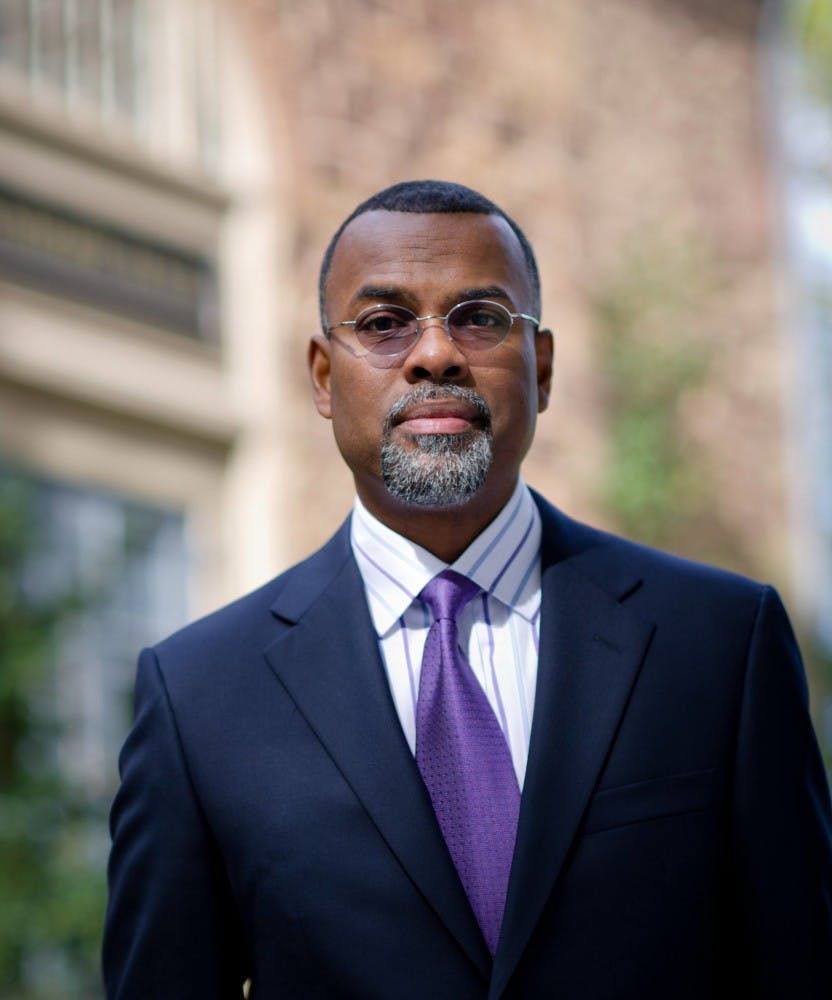
But the top 1% don’t let that happen and they’re “gouging all of us anyway.” It’s not true! We can bake a bigger damn pie,” Glaude said.

“They tell us that the pie is finite, that we only have so much pie. In this country we are taught to believe we exist under a condition of scarcity, and to believe that “you can’t have what you want if they have what they want,” when we can build a society where we all thrive, he said. “If we are to go beyond the usual tinkering around the edges, we have to tap the root and finally build places that reflect the talent and skill of all Americans.”Īnd no one necessarily needs to lose anything in order for others to gain, he said. “The proverbial pat on the back, something to billboard, window dress but fundamentally, nothing has changed. “Oftentimes, universities, like the University of Kansas, want to use diversity data to demonstrate how good they’re doing,” Glaude said. But we must confront who we are and what we have done as a precondition for being together differently. He said we are more comfortable with stories that confirm our innocence instead of hard truths.

He said we think of racial equality as a possession, “something that you can give to me - who are you to give me equality?” That’s not the same as a loud racist screaming epithets, but it still carries the assumption that some people are valued more than others, Glaude said. “It is maintained in the habitual ways in which we live our lives.” Don’t let yourselves off the hook too easily,” he said. “Let’s remember that the value gap is not simply the possession of white racists, of loud racists, the people shouting ugly racial epithets. “the spate of voting laws aimed to disenfranchise Americans” violent assaults against Asian American people and the attacks against Critical Race Theory and The 1619 Project. He said we have witnessed a panic over the changing nature of this country in many ways.

Eddie Glaude Jr., chair of Princeton University’s Department of African American Studies, speaks on Feb. Today, we see the value gap in housing, education, labor markets, policing, health care, who leads universities, overall experiences and the experience of unjustified exposure to premature death. And I suppose this is what people mean when they say that matters seem to never change in this country.” It’s just the way these places are structured. That gap looks different under different conditions: the horrors of slavery were very different from the legal restrictions of Jim Crow, for instance.īut “we still find ourselves in a society, in the public and private sectors, organized in such a way to benefit some more than others,” Glaude said. “We got the vitriol of the Tea Party, we got a spate of voter suppression laws, and then we vomited up Donald Trump,” Glaude said.ĭuring Glaude’s lecture, “The Ethics of Antiracism,” he said we live in a world shaped by the “value gap: this belief that white people matter more than others.” He said he and his son are examples of the shifting times, as they did not grow up in sanctioned segregation as his own parents did, but “the value gap, even today, still dictates much of our lives.” The passage of the 13th and 15th Amendments - which banned most slavery, and gave Black men the right to vote - was followed by the legal regime of Jim Crow and convict leasing, another form of slavery, Glaude said.Īnd what did we get in response to the moment Barack Obama was elected in 2008 and “we thought we had turned the corner?”


 0 kommentar(er)
0 kommentar(er)
